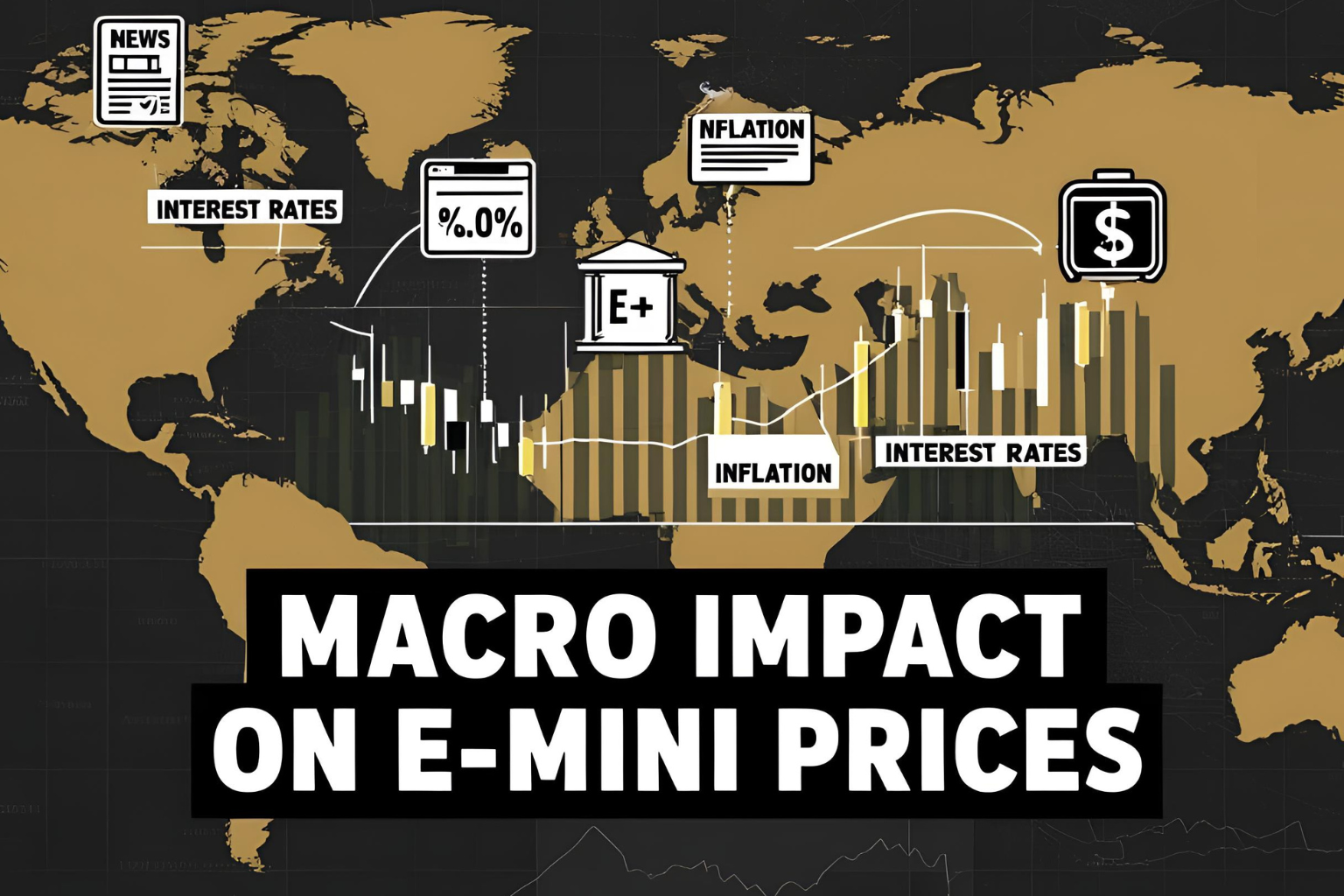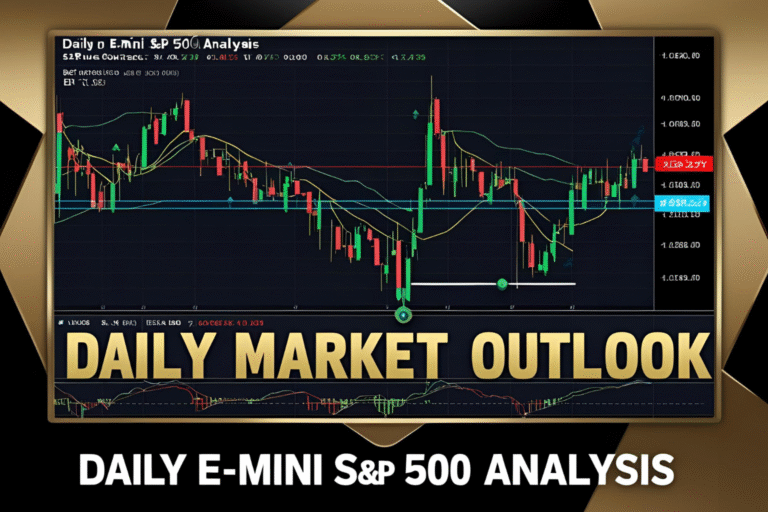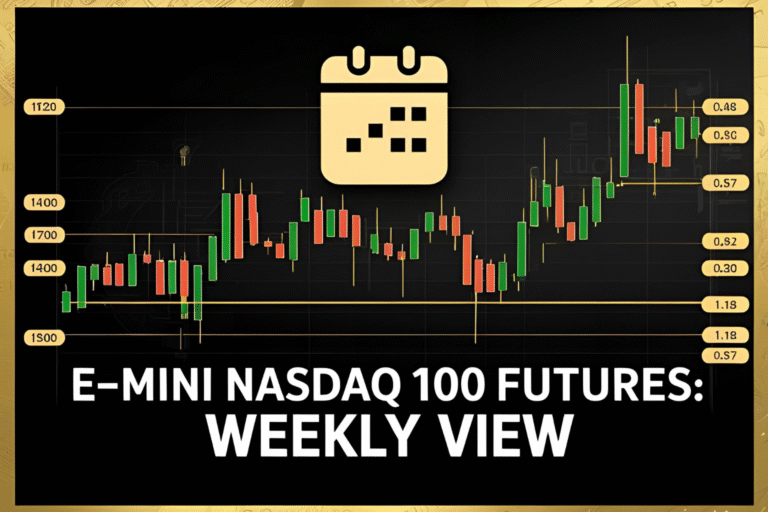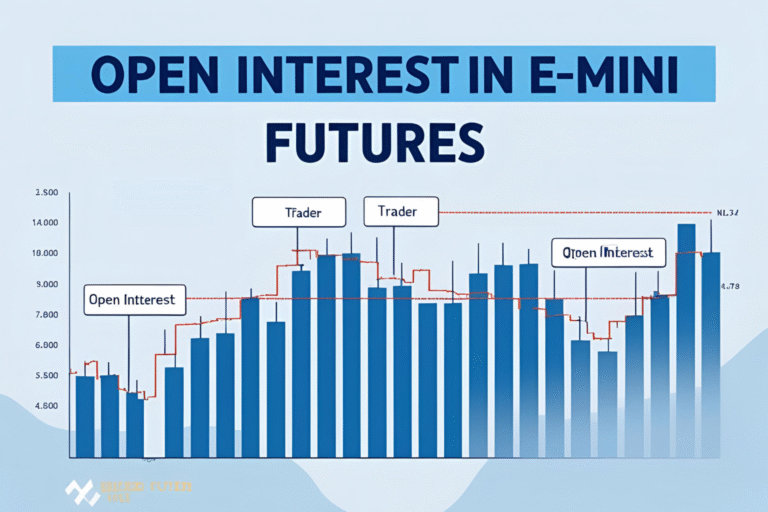How Macro Events Impact E-mini Futures Prices
Macro events are among the most influential forces affecting the prices of E-mini futures—especially contracts like the E-mini S&P 500 (ES) and Nasdaq 100 (NQ). These events often lead to large price swings, increased volatility, and shifts in trader sentiment. Understanding their impact helps traders position better and avoid surprises.
What Are Macro Events?
Macro events are major economic or geopolitical developments that affect the entire market. These include:
- Economic Reports (e.g., CPI, GDP, NFP)
- Federal Reserve Policy Changes
- Interest Rate Announcements
- Geopolitical Tensions
- Government Debt and Fiscal News
- Global Trade Developments
Most Influential Macro Events for E-mini Traders
1. Inflation Data: CPI and PPI
- CPI (Consumer Price Index) measures inflation from the consumer’s perspective.
- PPI (Producer Price Index) measures inflation at the wholesale level.
- High inflation data may trigger fear of interest rate hikes, leading to sell-offs in ES and NQ.
2. Non-Farm Payrolls (NFP)
Released on the first Friday of each month, this report influences:
- Fed policy decisions
- Risk sentiment in equity futures
A strong jobs report often boosts NQ and ES in the short term but may raise rate hike concerns.
3. Federal Reserve Announcements
Statements from the Fed or FOMC meetings often create sudden volatility.
- Dovish tone = rate cuts or paused hikes → bullish for E-mini futures.
- Hawkish tone = higher rates or tighter policy → bearish for ES/NQ.
4. Interest Rate Decisions
Whether from the Fed, ECB, or BOJ, global rate changes affect equity market futures.
- Higher rates make bonds more attractive → equities fall.
- Lower rates promote borrowing/spending → equities rise.
5. Geopolitical Events
Examples include:
- Russia–Ukraine conflict
- China–Taiwan tensions
- U.S.–China trade disputes
These can cause rapid risk-off moves in E-mini contracts, with ES typically falling as investors seek safe havens.
How to Trade E-mini Futures Around Macro Events
Prepare in Advance
- Check the economic calendar daily (ForexFactory, Investing.com).
- Avoid holding new trades minutes before major events unless you’re using a news strategy.
Use Volatility Filters
- Adjust stop-loss and target ranges during macro-heavy weeks.
- Trade smaller size if volatility increases.
Watch Correlated Assets
- Track DXY (U.S. Dollar Index), bond yields, and gold for sentiment shifts.
- VIX spikes often coincide with ES/NQ drops.
FAQs
Which is more sensitive to macro events: ES or NQ?
NQ often reacts more sharply to interest rate and inflation news due to its tech-heavy nature.
Is it risky to trade during news events?
Yes. Price spikes can trigger stop-losses unexpectedly. It’s best to reduce risk or avoid entry during high-impact news.
Do macro events affect intraday traders?
Absolutely. Even short-term trades can be affected by unexpected macro developments.
Can I backtest strategies around news events?
Yes, but be cautious. Historical reactions may vary, and slippage is often higher during real-time releases.
What tools help track macro event impact?
Use economic calendars, trading terminals with news feeds, and tools like the CME FedWatch for rate expectations.



